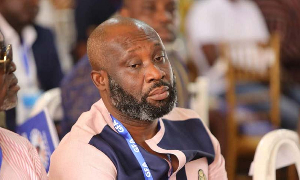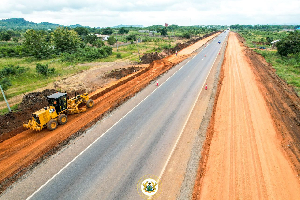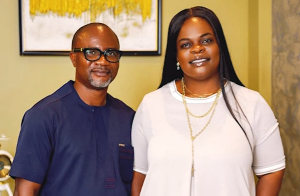Madina (G/R), July 7, GNA - The 91Good life Live it Well' campaign has reached Madina with a clean-up exercise aimed at changing the behaviour of community members on sanitation issues.
The event was organized by one of the health groups in Madina, in collaboration with the community members and some identifiable groups including keep fit clubs, church groups, Assembly members and opinion leaders.
It is part of the community health groups' contribution to effecting a behaviour change and fostering positive health practices in households in the community.
It also seeks to support changes in cultural norms that would reinforce and maintain healthy practices in three Regions in Ghana, namely Greater Accra, Central and Western Regions.
The clean-up exercise took place behind the Madina Police Station and its environs with about 150 community members taking part in the five-hour exercise.
Addressing the community members after the exercise, Miss Juliet Tana, one of the organizers of the programme, educated the people on the need for everyone to understand the importance of living a healthy life.
Mr Nesto Dellor, Field Officer from Hopeline Institute who educated community members on cholera prevention, urged the residents to be neat, eat food while it was hot and to report those who defecated in gutters and other unauthorized places to the Sub-Metro officials.
Mr Ebow Graham, Project Manager of Hopeline Institute said the Behaviour Change Support project managed to secure item donations totalling GH¢5,000.00 from Club De Penseurs, a community-based social club in Madina, to support the 91Good Life' health campaign. They included benches, bed sheets, curtains, and detergents which were presented to the Madina Polyclinic.
The Behaviour Change Support project focuses on fostering positive health practices in households and communities, and focuses on effecting changes in cultural norms that would reinforce and maintain those practices in Greater Accra, Central and Western Regions.
The project has five thematic areas, namely malaria, reproductive health, water and sanitation, nutrition and family planning.
Regional News of Thursday, 7 July 2011
Source: GNA












